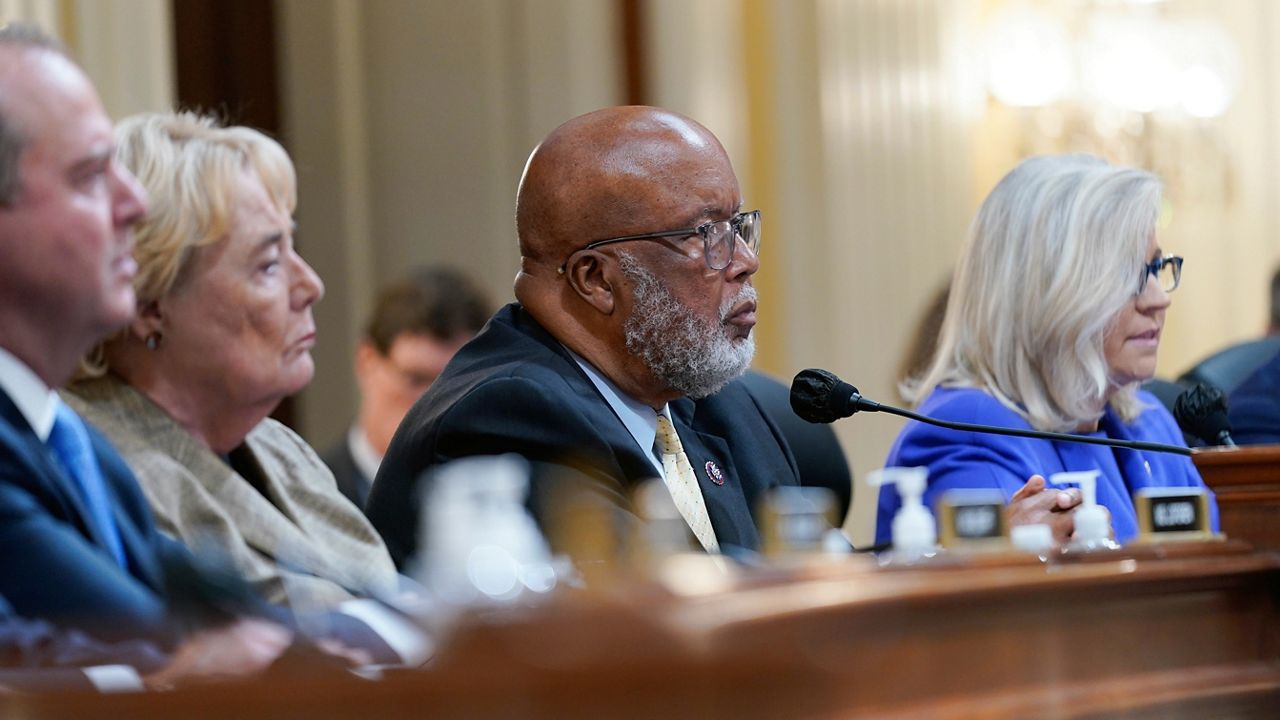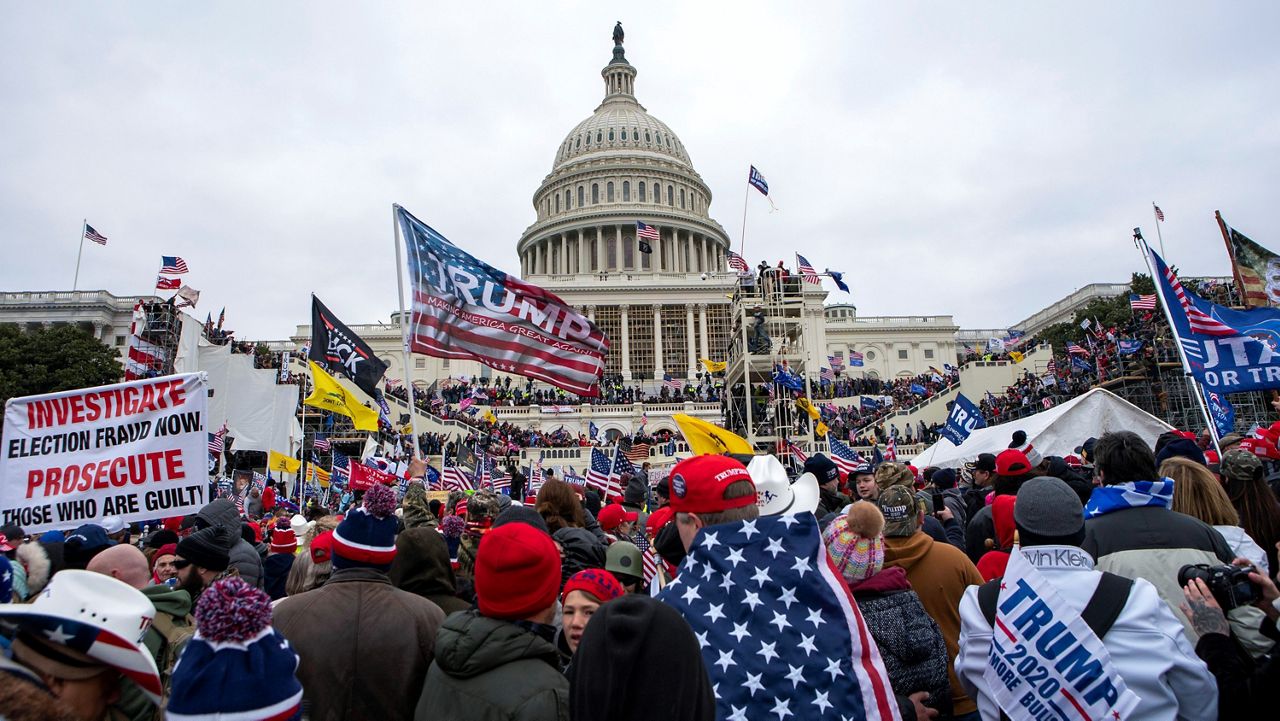Bolton, Mississippi.
Rep. Bennie Thompson, the chairman of the commission investigating the Jan. 6, 2021 insurrection, made sure to namecheck his hometown shortly after he gaveled in the primetime session Thursday night.
It was no offhanded matter of local pride. If Bolton’s history is unremarkable, nearby cities bookending it on I-20 aren’t. Vicksburg. Jackson.
They are pivotal, bloodsoaked scenes of the Civil War.
“I was born, raised and still live in Bolton, Mississippi, a town with a population of 521, which is midway between Jackson and Vicksburg, Miss., and the Mississippi River,” he said in his opening remarks. “I am from a part of the country where people justified the actions of slavery, the Ku Klux Klan and lynching. I’m reminded of that dark history as I hear voices today try and justify the actions of the insurrectionists on January 6th, 2021.”
Thompson, and his vice chair Liz Cheney, repeatedly tried to juxtapose that bloody Wednesday a year and a half ago with the nation’s greatest attempted subversion of the Constitution.
“Democracy remains in danger,” Thompson said.
In nearly two hours of testimony, and footage, there was much to ruefully conclude the veracity of that case. The first of many clips from testimony came from William Barr, Trump’s then-attorney general, who outlined that he had informed the President his claims of an election stolen by Joe Biden were simple falsehoods.
“I told the president in no uncertain terms that I did not see evidence of fraud that would have affected the outcome of the election. And frankly a year and a half later, I haven’t seen anything to change my mind on that.”
Testimony from a subsequent witness was even more jarring: Ivanka Trump, appearing like the others through a grainy video hookup, all but agreed that what her father was peddling was lies.
“How did that affect your perspective, when Attorney General William Barr made that statement?” she was asked in the clip.
“It affected my perspective,” she replied. “I respect Attorney General Barr. So I accepted what he was saying.”
Her acceptance, of course, still hasn’t translated into changing her father’s obsession with false tales of rigged ballots. Nor has it deterred tens of millions of Republicans from believing him, if the polls are to be believed.
Nor has it stopped Trump from being a viable candidate for president in 2024, or a political kingmaker this midterm year – albeit one with a mixed track record of endorsements.
The key to Trump’s graces isn’t adopting his positions on trade, or speech, or social issues, but rather that he was the victim of a vast electoral conspiracy.
Which leads to central questions that these hearings beg: To what end? Will it finally cause us all – or the vast majority of us – to accept 2020? Will it prompt the Justice Department to bring charges at far higher levels than the rioters, even to the President himself, as Cheney seemed to request?
Or, most importantly, will it stir us to at long last find fellowship and the same mother tongue not on pressing policy debates, but the common denominator of democracy and truth?
It all remains unclear. History has a way of repeating itself.
But that doesn’t mean studying it is futile.








